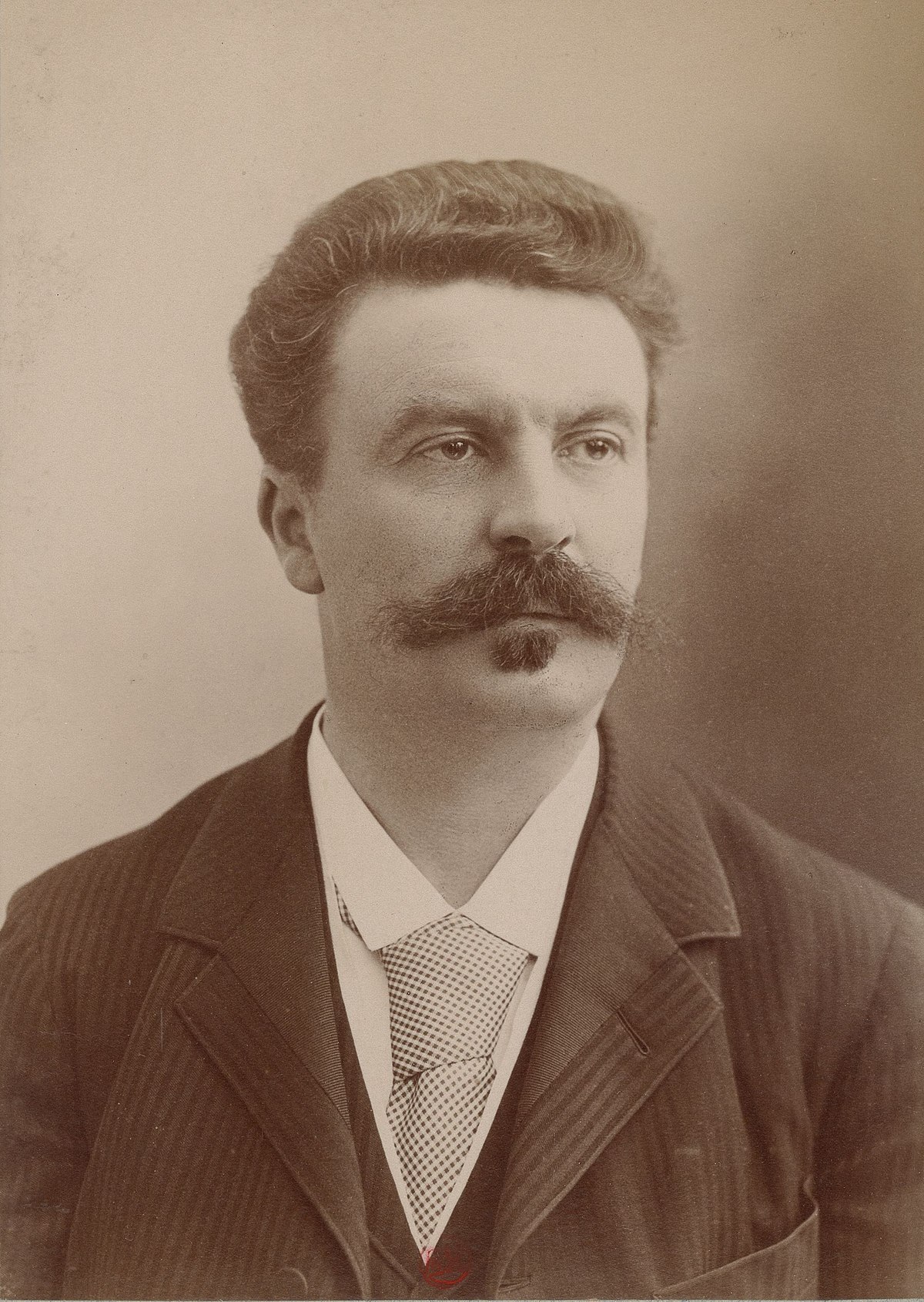Legendary Spanish Short Story Writers
Spanish literature has produced a plethora of talented and influential writers, including many renowned short story authors. These authors have made significant contributions to the genre, crafting captivating narratives that explore various aspects of Spanish culture, society, and the human experience. In this article, we will delve into the works of some of the most famous Spanish short story writers, whose literary achievements continue to resonate with readers around the world.
Miguel de Cervantes:
While Miguel de Cervantes is best known for his masterpiece, “Don Quixote,” he also made notable contributions to the realm of short stories authored in Spanish. Cervantes’ collection of novellas, titled “Novelas Ejemplares” (Exemplary Novels), offers a series of intriguing and morally complex tales. These stories encompass a wide range of themes, including love, honor, deception, and social critique. Cervantes’ narrative skill, sharp wit, and deep understanding of human nature have solidified his status as one of the greatest writers in Spanish literature.
Federico García Lorca
Federico García Lorca is widely celebrated as one of the most prominent figures of the Spanish literary and cultural avant-garde movement known as the Generation of ’27. Although he is primarily renowned as a poet and playwright, Lorca also left a lasting impact on the genre of Spanish short stories. His collection “Gypsy Ballads” (Romancero Gitano) showcases his lyrical and evocative prose, often drawing inspiration from Andalusian folklore, rural life, and the complexities of human emotions. Lorca’s stories are imbued with a sense of mystery, longing, and profound beauty.
Juan Rulfo
Juan Rulfo, a Mexican writer, played a crucial role in shaping Latin American literature and is highly regarded for his collection of short stories in Spanish, “The Burning Plain and Other Stories” (El Llano en Llamas). Rulfo’s stories depict the harsh realities of rural life, portraying themes of poverty, violence, and the struggles of marginalized communities. His sparse and poetic prose captures the essence of the Mexican landscape and the profound depths of human suffering. Rulfo’s influence on the Latin American literary tradition cannot be overstated.
Ana María Matute
Ana María Matute, a Spanish novelist and short story writer, garnered acclaim for her poignant and often allegorical narratives. Her collection “The Cats” (Los Gatos) explores the themes of childhood, innocence, and the impact of the Spanish Civil War on young lives. Matute’s stories blend elements of fantasy and realism, creating a vivid and immersive reading experience. Her ability to capture the complexities of human emotions and the transformative power of storytelling has established her as a prominent voice in Spanish literature.
Julio Cortázar
Julio Cortázar, an Argentine short story writer who wrote primarily in Spanish, is known for his innovative and experimental approach to literature. While he is renowned for his novels, Cortázar’s short stories are equally remarkable. His collection “Blow-Up and Other Stories” (Final del Juego) showcases his mastery of narrative structure, surrealism, and the blurring of reality and imagination. Cortázar’s narratives often challenge traditional storytelling conventions, offering unique perspectives on time, identity, and the nature of existence.
Conclusion
The Spanish literary tradition boasts an impressive roster of famous short story writers whose works continue to captivate readers with their unique perspectives, vivid imaginations, and profound insights. From the narrative brilliance of Miguel de Cervantes and the lyrical prose of Federico García Lorca to the social commentary of Juan Rulfo, Spanish short stories were world changing.
The allegorical narratives of Ana María Matute, and the experimental storytelling of Julio Cortázar showcased to the world that these authors have left an indelible mark on Spanish short stories and world literature. Their contributions showcase the diversity and depth of Spanish storytelling, ensuring that their works remain timeless and influential in the literary canon.



